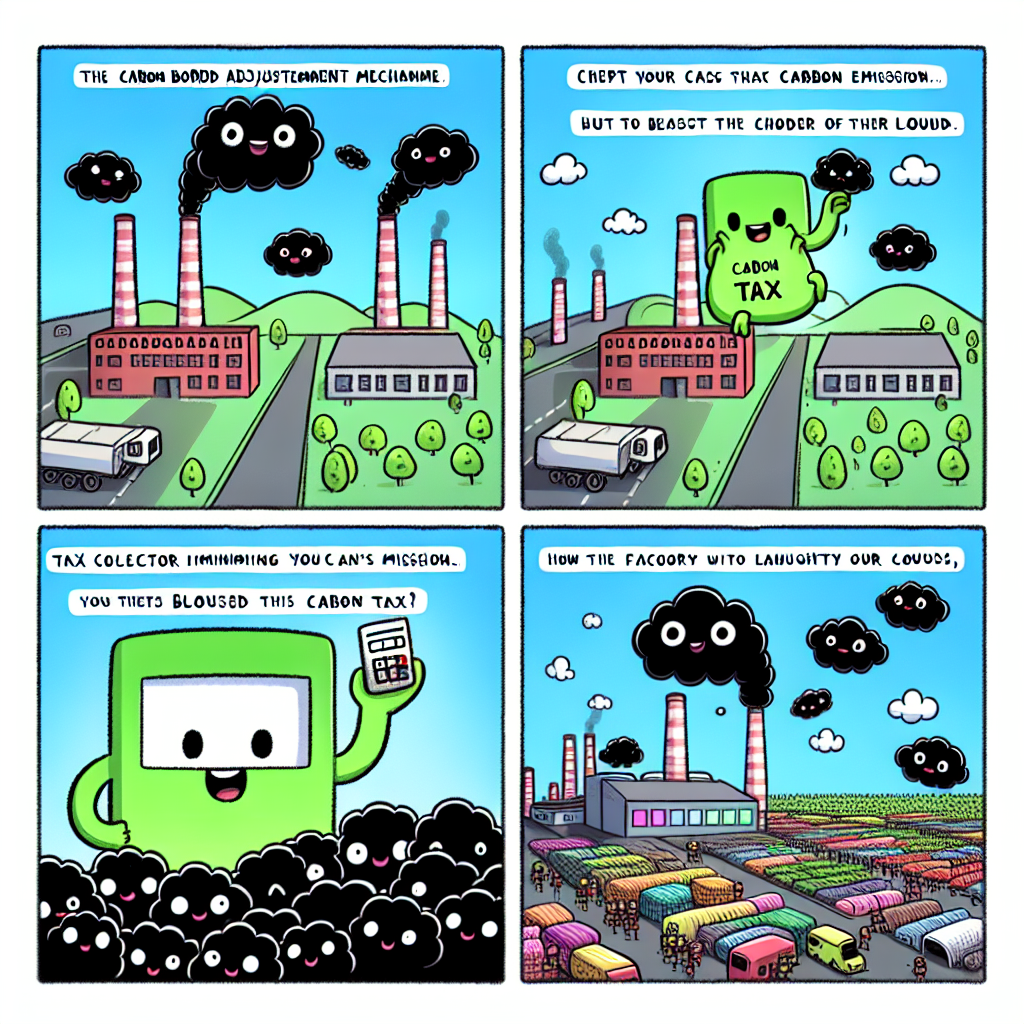EU's CBAM to Reshape Indian Steel Exports: Challenges Ahead
The EU's Carbon Border Adjustment Mechanism (CBAM) will impose costs on imports from nations with lower environmental standards, impacting Indian steel exports significantly. With the industry largely relying on high-emission processes, immediate measures are needed to align with greener standards and mitigate export challenges.

- Country:
- India
The European Union's Carbon Border Adjustment Mechanism (CBAM) is set to reshape Indian exports, particularly in the steel sector. Steel Secretary Sandeep Poundrik highlighted the imminent impact on exports due to new carbon pricing regulations at the 'FT Live Energy Transition Summit India.'
Slated for full implementation by 2026, the CBAM will levy tariffs aligned with the EU Emissions Trading System. This move aims to drive global industries towards lower carbon emissions. India's steel sector, with its higher-than-average emissions, may face significant challenges in maintaining its export levels to Europe.
The steel industry in India predominantly utilizes the blast furnace route, known for higher emissions. As Europe becomes a pivotal market with two-thirds of India's steel exports directed there, the industry is urged to transition towards more sustainable, electric blast furnace methods to remain competitive under CBAM regulations.
ALSO READ
Jindal Steel International Proposes Green Steel Future for Thyssenkrupp
SAIL Highlights Green Steel Vision and Digital Push at 53rd Annual Meeting
India's Maritime Leap: A Blueprint for Prosperity and Sustainability
Sustainability at the Core of India’s Growth: Piyush Goyal’s Call at IEC Meeting
VPBank Issues Vietnam’s First Private Sustainability Bond with IFC Backing










